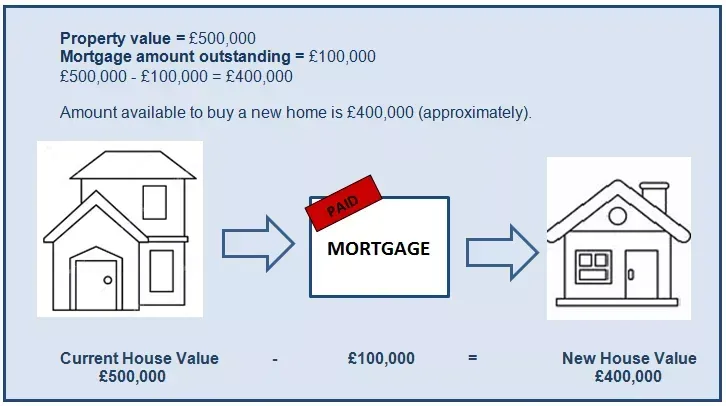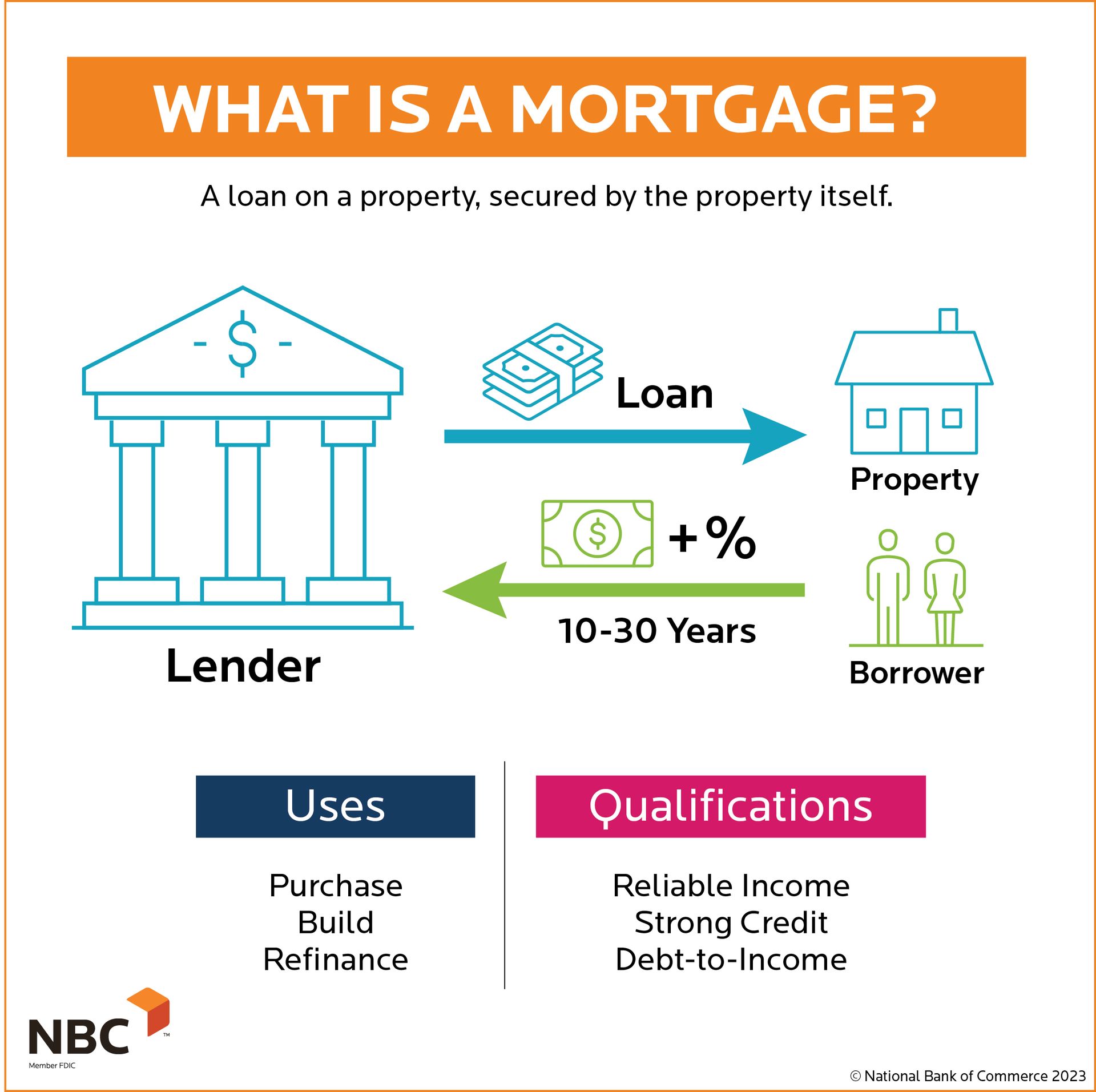Mortgage Comparison: How to Find the Best Deal for Your Home Loan
Finding the right mortgage is one of the most significant financial decisions you’ll ever make. With so many lenders, rates, and terms available, mortgage comparison is crucial to ensure you secure the best deal. Whether you’re a first-time buyer, moving home, or refinancing, understanding the factors that impact your mortgage can save you thousands of pounds over the loan’s lifetime.

Mortgage Comparison: Why It Matters
Mortgage comparison isn’t just about finding the lowest interest rate—it’s about assessing the entire cost of borrowing and ensuring that the mortgage aligns with your financial goals. Many borrowers rush into agreements without fully understanding terms, which can lead to costly mistakes. By comparing mortgage options carefully, you can avoid hidden fees, penalties, and unsuitable loan structures.
Key Factors to Consider in Mortgage Comparison
- Interest Rates and Loan Terms The interest rate is one of the most critical factors in any mortgage. It determines how much you’ll pay each month and over the loan’s lifetime. However, don’t just look at the rate—consider the loan term as well. A 25-year mortgage may have lower monthly repayments, but a shorter 15-year mortgage could save you money in interest overall.
- Fixed vs. Variable Rate Mortgages
- A fixed-rate mortgage offers stability, as your interest rate remains the same for a set period (usually two to five years). This is ideal if you want predictable monthly payments.
- A variable-rate mortgage, on the other hand, fluctuates with market conditions. This means your payments can increase or decrease, making it riskier but potentially more cost-effective if interest rates remain low.
- Additional Fees and Charges Some mortgages come with arrangement fees, valuation fees, and legal costs that can add up. These should be factored into your mortgage comparison, as a loan with a lower rate but high fees might not be as cost-effective as a slightly higher-rate mortgage with fewer charges.
- Early Repayment and Overpayment Options Flexibility is key when selecting a mortgage. Some lenders charge hefty penalties for early repayments or overpayments. If you plan on paying off your mortgage early or making extra payments, check for any restrictions before committing to a lender.
- Loan-to-Value (LTV) Ratio The Loan-to-Value (LTV) ratio is the percentage of the property’s value that you are borrowing. A lower LTV typically means better interest rates and more lender options. If you have a larger deposit, you may qualify for a more favourable deal.
- Lender Reputation and Customer Service Choosing a reputable lender with good customer service can make your mortgage journey smoother. Reading reviews, checking customer ratings, and seeking recommendations can help ensure you select a trustworthy provider.
The Role of Mortgage Brokers in Mortgage Comparison
While online mortgage calculators and comparison sites can give you a rough idea of what’s available, a professional mortgage broker can provide tailored advice. Brokers have access to exclusive deals that might not be available to the general public, and they can help match you with the most suitable mortgage based on your financial situation.
A mortgage broker can also handle paperwork, negotiate terms, and explain complex mortgage jargon in a way that’s easy to understand, making the entire process less stressful.
Common Mistakes to Avoid in Mortgage Comparison
Even with thorough research, many borrowers fall into common traps when comparing mortgages. One of the most frequent mistakes is focusing only on the interest rate. While a low rate is appealing, additional fees and the overall cost of borrowing can make a big difference. Another major oversight is not considering future financial changes. Your circumstances may change over the mortgage term, so it’s essential to choose a mortgage that remains suitable if your income fluctuates.
Ignoring incentives and cashback offers can also be a missed opportunity. Some lenders provide incentives such as cashback, free valuations, or legal assistance. While these shouldn’t be the sole deciding factor, they can add value to your mortgage package. Lastly, many borrowers skip professional advice, which can lead to costly errors. Mortgage brokers have industry knowledge and can help prevent you from making mistakes that could impact your finances in the long run.
Steps to Secure the Best Mortgage Deal
To secure the best mortgage deal, start by assessing your financial situation. Before beginning your mortgage comparison, check your credit score, income stability, and savings to determine how much you can afford to borrow. Next, research and compare lenders using online comparison tools, speaking to mortgage brokers, and exploring different mortgage products to find the most suitable option.
Obtaining a mortgage agreement in principle can strengthen your position when making an offer on a property. This demonstrates to sellers and estate agents that you are a serious buyer. Additionally, factor in all costs associated with the mortgage. Don’t just focus on the monthly repayments—consider the total cost over the mortgage term, including fees and charges. Finally, seeking professional advice can make a significant difference. A mortgage broker can help navigate the complexities of mortgage comparison and secure the best deal tailored to your circumstances.

Slide title
Write your caption hereButton
Slide title
Write your caption hereButton
Mortgage comparison is essential for finding the best home loan deal. By taking the time to assess rates, fees, and terms, you can ensure that your mortgage works in your favour rather than against you. Whether you’re a first-time buyer, remortgaging, or investing in a buy-to-let property, making an informed decision will lead to long-term financial stability.
If you’re unsure about your options, working with an experienced mortgage broker can provide invaluable support. With the right guidance, you can secure a mortgage that meets your needs, offers financial flexibility, and helps you achieve your homeownership goals.





David Whittlestone introduces business to LM10 Ltd which is an Appointed Representative of LWM10 Ltd which is authorised and regulated by the Financial Conduct Authority. 458204
All Rights Reserved | David Whittlestone | Privacy Policy
Website Designed by Up2speed Marketing Limited Photography Provided By Focussing On Photography




